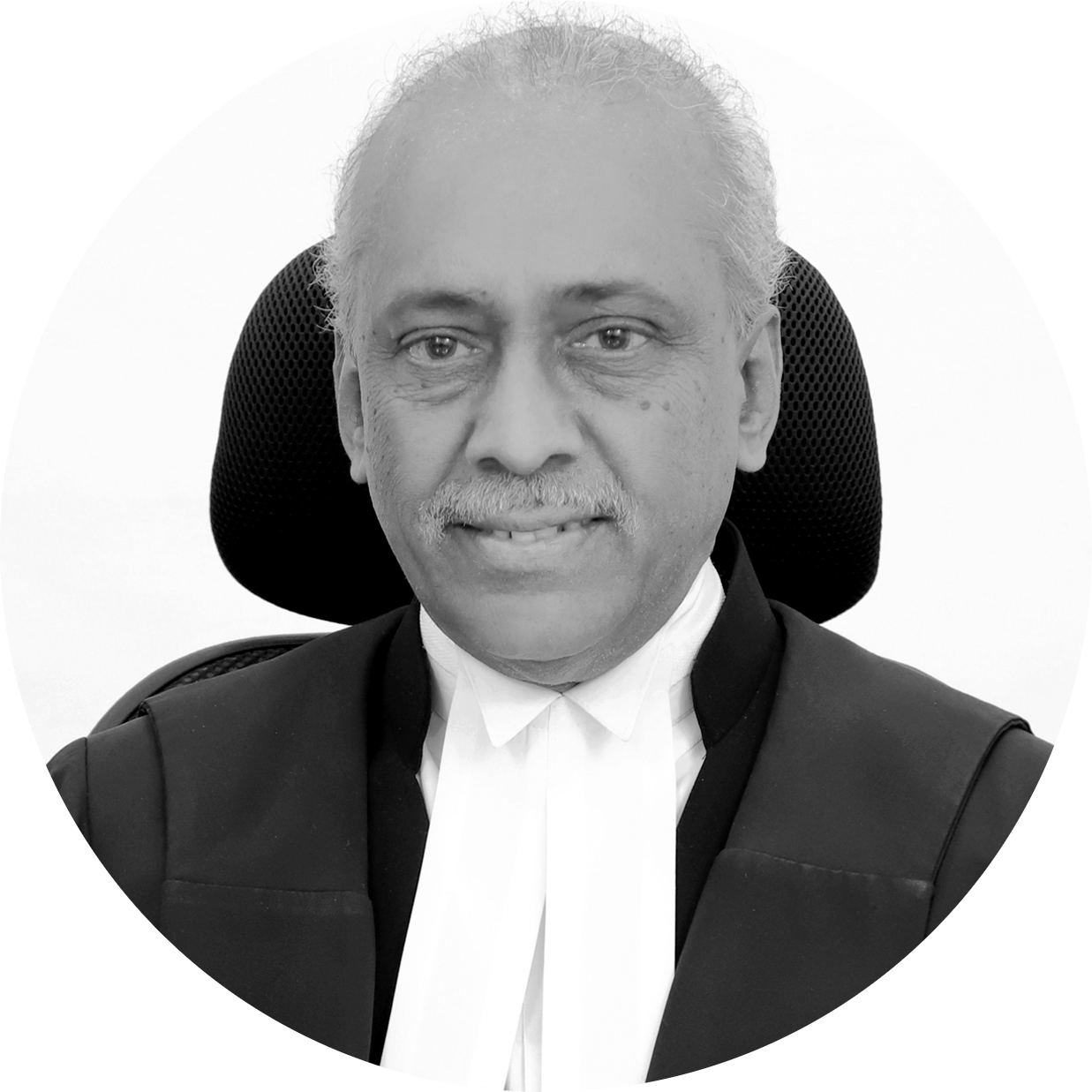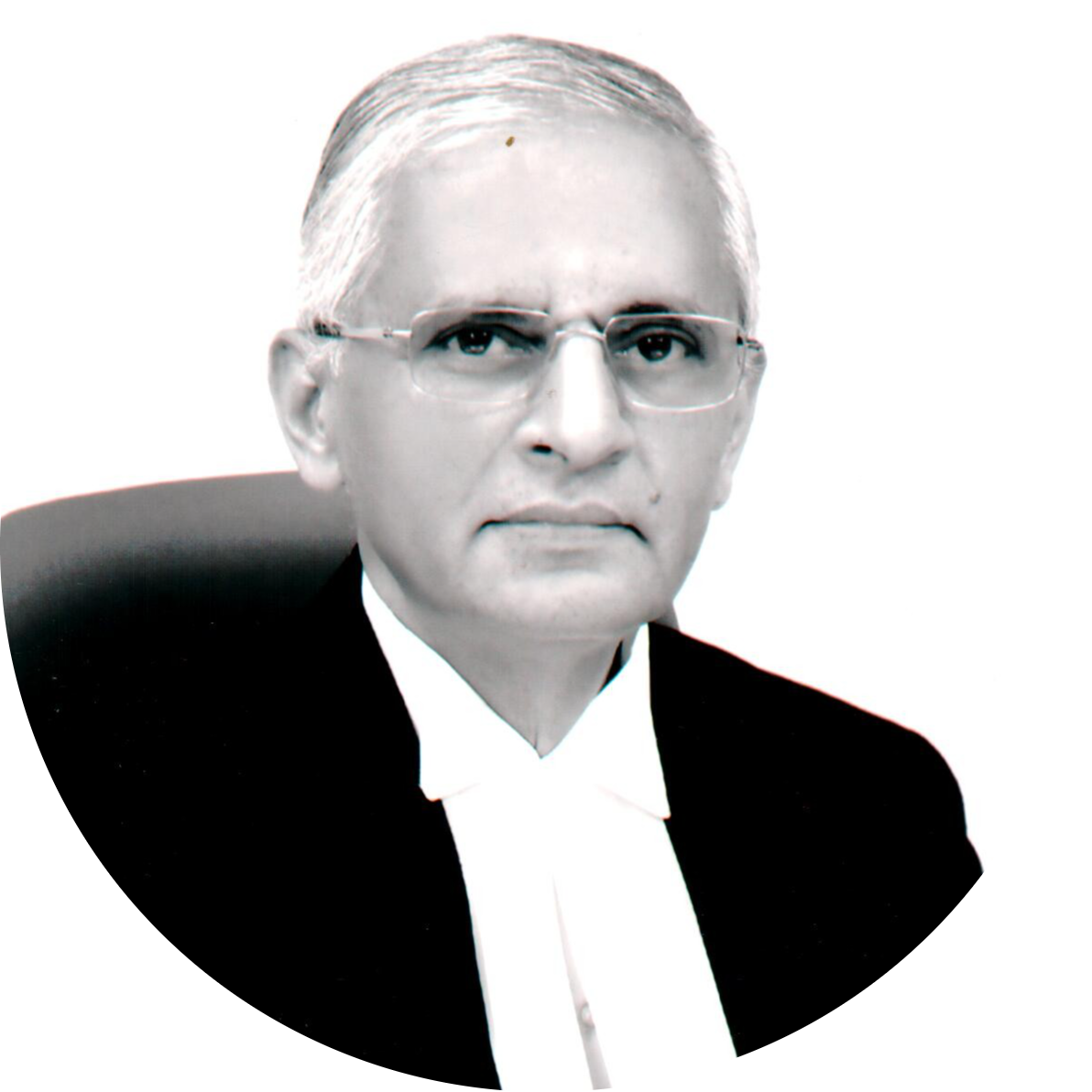Constitutionality of Special Marriage Act
Nandini Praveen v Union of India
The Supreme Court will decide whether certain provisions of the Special Marriage Act, 1954 (‘Act’) violate Articles 14, 15, and 21 of the Constitution of India, 1950.
Pending
Parties
Petitioner: Nandini Praveen
Lawyers: Nishe Rajen Shonker
Respondent: Union of India
Lawyers:
Case Details
Case Number: W.P. (C) No. 000983 - 000983/2020 [for sci.gov.in use Diary No. 18474/2020]
Next Hearing:
Last Updated: October 19, 2021
TAGS: Caste, Marriage, Right to Equality, Right to Life
Key Issues
Do Sections 6(2), 6(3), 7, 8, 9, 10 of the Act violate the right to privacy under Article 21?
Do Sections 6(2), 6(3), 7, 8, 9, 10 of the Act violate the right to equality and non-discrimination under Articles 14 and 15?
Case Description
The Act was passed in 1954 to create a legal framework governing inter-religious marriages. It formalises the marriage of a couple through registration and without any religious formalities.
Unlike the laws which govern religious marriages, the Act requires couples to fulfil a number of procedural obligations in order to register their marriage. This includes the requirement that the couple must publish their private details so that anybody can file an objection to their marriage within 30 days of such publication. The Marriage Officer also has the power to inquire into these objections.
In 2012, the Law of Commission of India submitted its 242nd report on the Prevention of Interference with the Freedom of Matrimonial Alliance. The report looked into honour killings which had resulted from inter-caste/religious marriages. One of its recommendations was that the registration process under the Act was simplified and expedited, and it submitted a draft Bill in this regard. However, this was not taken up for discussion in Parliament.
On September 2nd 2020, Ms. Nandini Praveen, a law student, filed a civil writ petition in the Supreme Court challenging the constitutionality of Sections 6(2), 6(3), 7, 8, 9 and 10 of the Act. The petitioner argued that these provisions violate the right against discrimination on the basis of religion and the right to privacy enshrined in Articles 14, 15 and 21 of the Constitution of India.
On September 16th 2020, the Supreme Court issued notice in the matter.


